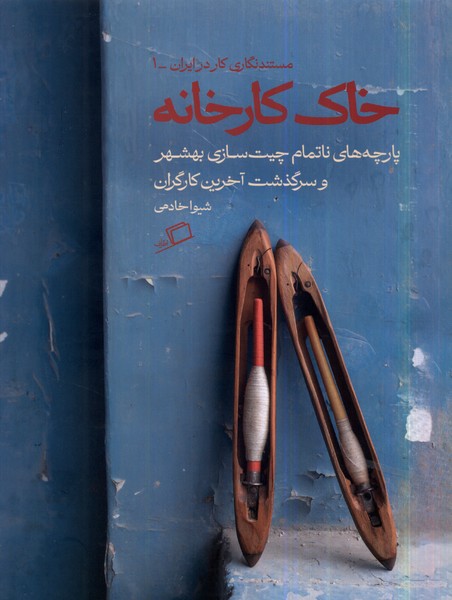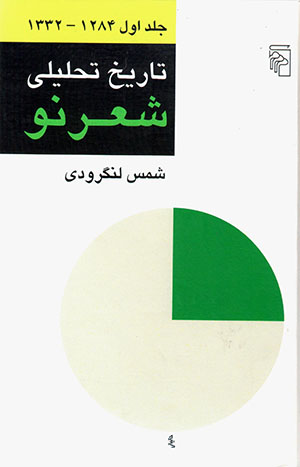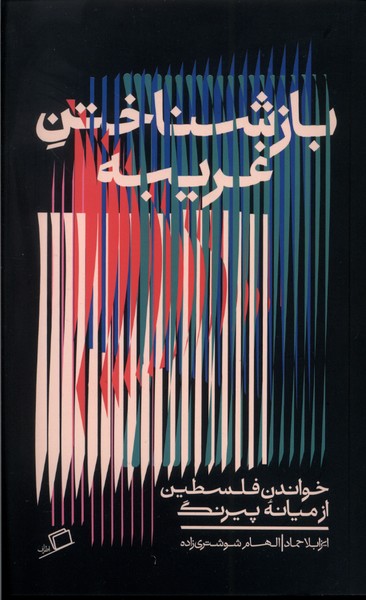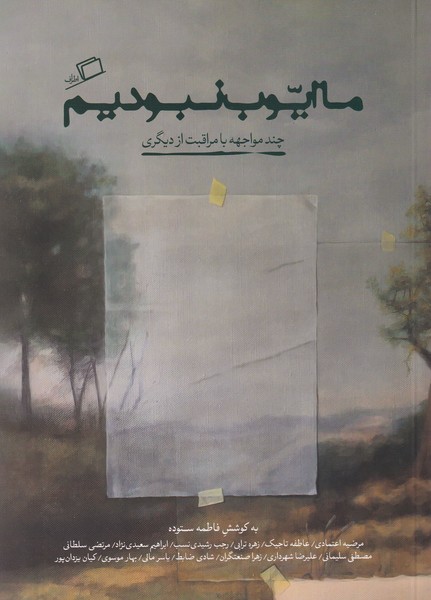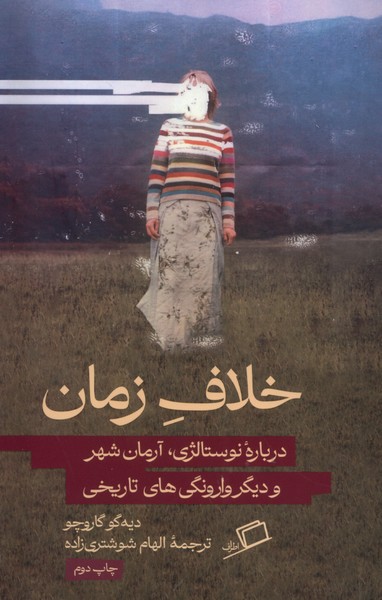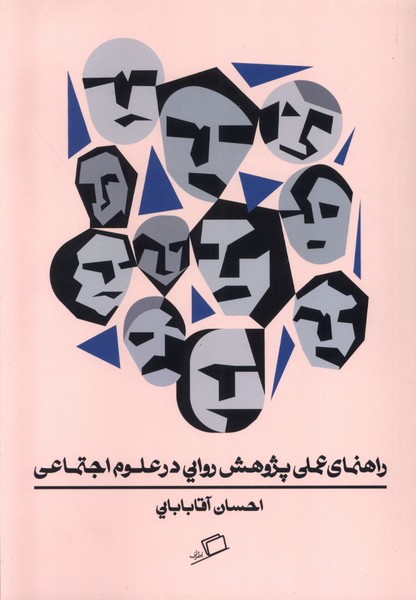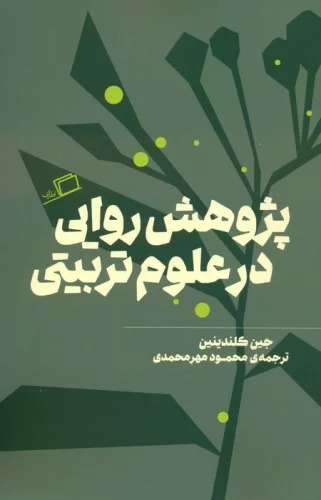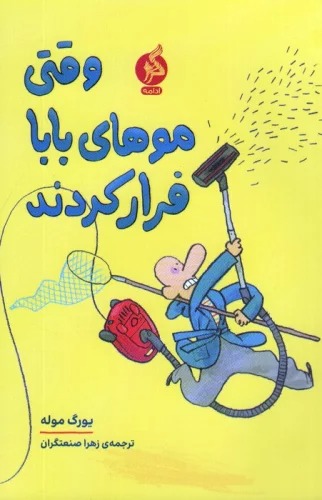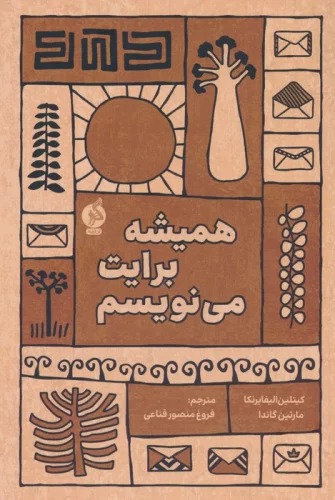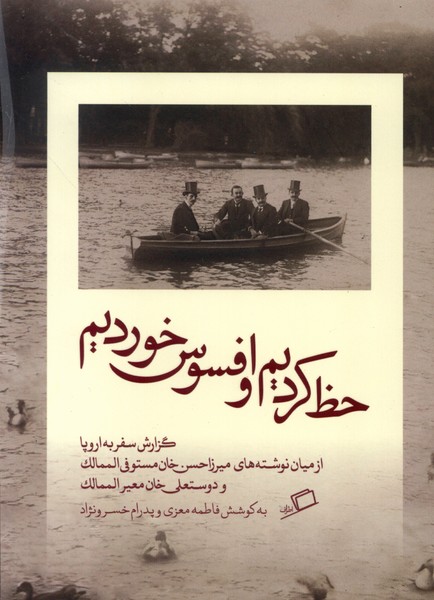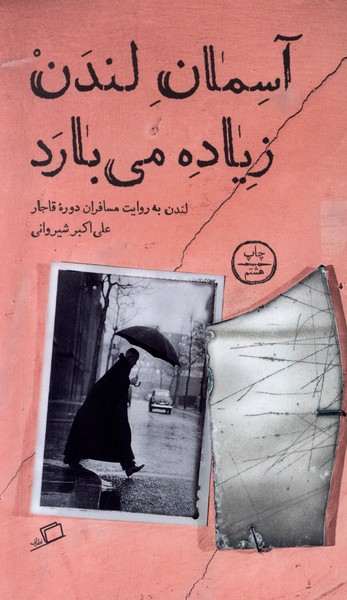Khāk-i Kārkhānah: Persiska (Farsi) 1402
خاک کارخانه
23,11 $
Dela
Wishlist
The soil of the factory is a book of documentary and oral history. Shiva Khademi, the photographer and author of this book, with an emotional mood and in search of his roots, begins photographing and talking with the elderly colleagues of his grandmother Azizjun, who was a worker at the Behshahr tile factory in the 1320s. But he soon realizes that these apparently simple conversations are more than reminiscences of people who still stubbornly love their old workplace. Over time, from the heart of these work memories, a whole and a space are formed and themes emerge that are not only used in the analysis and evaluation of the history and the path of business in Iran, but also an image of the close connection of the work space, the identity of the city and the social relations of the city's people. They put it before our eyes.
The soil of the factory is the story of an industry and the narrative of the world of work, but from the words of narrators who have always been on the sidelines and their stories are less considered in the history of business in Iran. It is a look from inside and from the perspective of small and quiet human resources and not from the official and high ranks. Recording the experiences of the most unheard of work chain links in Iran. The narrative of native or immigrant workers whose lives were once set by the whistle of the Behshahr Chit factory. Ekabar's cook and teacher and women weavers and spinners who have woven the strength of their knees and hands into the fabric and the men who have kept the machines running day and night; People who are rarely seen in the history of Iran's work.
Shiva Khademi's pleasant prose and colorful photographs have created a memorable cinematic image by representing the contrast between the green geography of Behshahr and the industrial structure of the chit factory, and the refreshing fusion of the northern natural environment with metal, gears and spindles. The delicate and finely woven human experience of the soil of the factory gives the smell of wild flowers and mosses of Mazandaran. This consistency of the text with the climate that it narrates has made the result of Shiva Khademi's five-year research readable and captivating, and his photos, along with such a text, have added to the richness of this social documentation.
more
خاک کارخانه کتابی است از جنس مستندنگاری و تاریخ شفاهی. شیوا خادمی، عکاس و نویسندهی این کتاب، با حالوهوایی عاطفی و در جستوجوی ریشههایش، عکاسی و گفتوگو با همکاران سالخوردهی مادربزرگش عزیزجون که در دههی ۱۳۲۰ کارگر کارخانهی چیتسازی بهشهر بوده را آغاز می کند. اما خیلی زود میفهمد این گفتوگوهای بهظاهر ساده چیزی بیشتر از خاطرهگویی مردمانی است که هنوز سرسختانه به محیط کار قدیمیشان عشق میورزند. بهمرور، از دل این خاطرات کاری، کلیت و فضایی شکل میگیرد و مضمونهایی سر بر میآورند که نه تنها در تحلیل و ارزیابی تاریخ و مسیر کسبوکار در ایران به کار میآیند، بلکه تصویری از پیوند تنگاتنگ فضای کار، هویت شهر و مناسبات اجتماعی مردم شهر پیش چشممان میگذارند.
خاک کارخانه قصهی یک صنعت است و روایت دنیای کار، اما از زبان روایتگرانی که همیشه در حاشیه بودهاند و قصههایشان در ثبت سرگذشت کسبوکارها در ایران کمتر به حساب آمده است. نگاهی است از درون و از منظر منابع انسانی خرد و خاموش و نه از سمت ردههای رسمی و بالا. ثبت تجربههای ناشنیدهترین حلقههای زنجیرهی کار در ایران. روایت کارگران بومی یا مهاجری که روزگاری زندگیشان با صدای سوت کارخانهی چیتسازی بهشهر تنظیم میشده است. آشپز و معلم اکابر و زنان بافنده و ریسندهای که قوت زانوها و دستهاشان را در تار و پود پارچهها تنیدهاند و مردانی که شبانهروز دستگاهها را سرپا نگه داشتهاند؛ مردمانی که در تاریخ کار ایران کمتر دیده میشوند.
نثر دلنشین و عکسهای رنگی شیوا خادمی با بازنمایی بدهبستان جغرافیای سرسبز بهشهر با سازهی صنعتی کارخانهی چیتسازی، و آمیختگی طراوت محیط طبیعی شمال با فلز و چرخدنده و دوک، تصویری سینمایی و بهیادماندنی آفریدهاند. تجربهنگاری انسانی ظریف و ریزباف خاک کارخانه بوی گلهای وحشی رونده و خزههای مازندران را میدهد. این همنوایی متن با اقلیمی که روایت میکند حاصل پژوهش پنجسالهی شیوا خادمی را خواندنی و گیرا کرده و عکسهای او هم، در کنار چنین متنی، به غنای این مستندنگاری اجتماعی افزودهاند.
more

